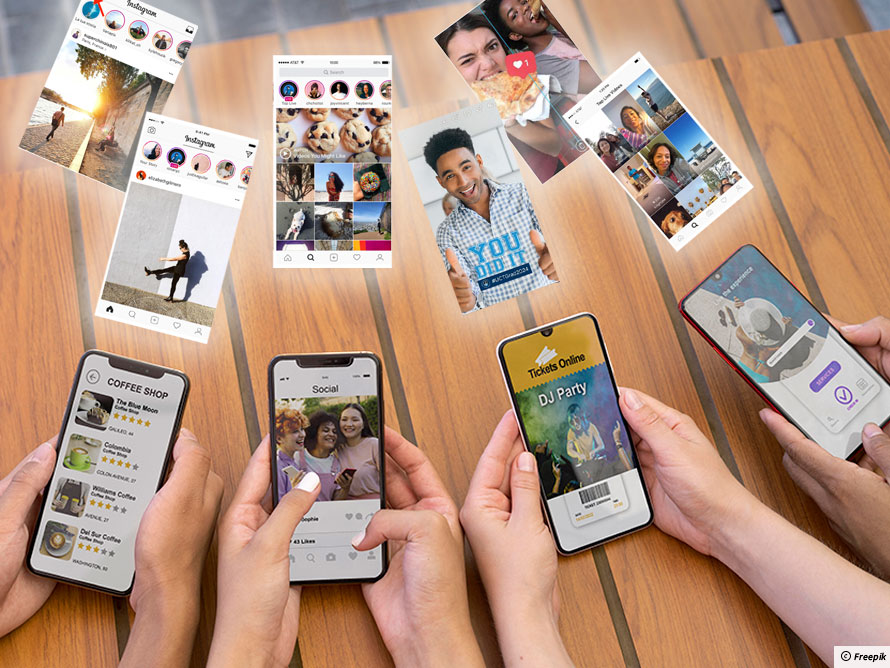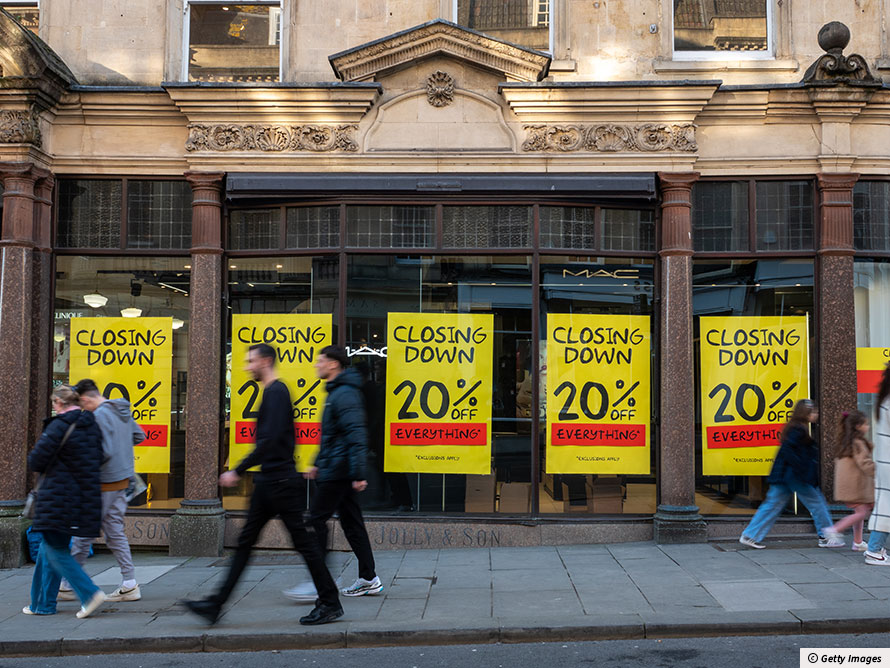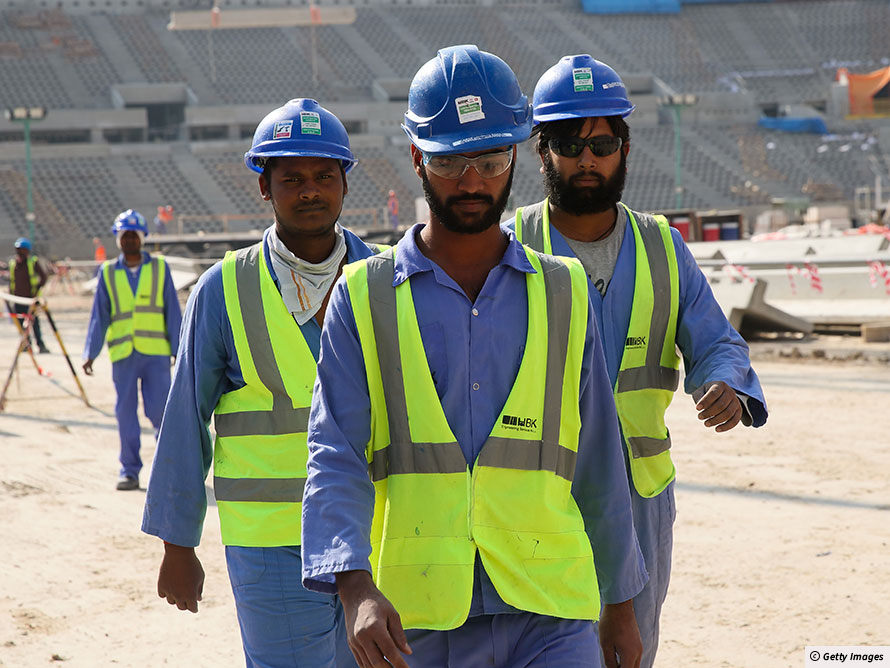We all love the fact that the internet shows us how others live their lives, but it can also distort our view of the world, says Zhizhou He, 16, and this can have dangerous consequences.
Have you ever wondered how the internet really affects our understanding of the world?
Most of us, at one time or another, will have celebrated the fact that the internet has given us a broader view of our planet. It certainly gives us a window into the lives of people living in faraway places.
But social media decides the information we are exposed to through algorithmsAny set of rules followed by a computer. In the context of social media, “the algorithm” refers to the intelligent AI that learns the interests of the user and presents them with posts that it thinks will interest them.. Algorithms notice every choice we make, every post and short form video content we click on. They filter out the information that will not interest us and adjust the content that will be recommended to us next time.
As the algorithms learn our preferences, they take control of the content that we can see. Without realising it, the contents we are browsing are constrained to opinions and perspectives that align with our own. It is as if we are trapped in a room in which we hear only the echo of our own voice.
The echo chamberAn environment in which somebody only hears views that reflect and reinforce their own. They are never challenged with opposing views. phenomenon is becoming increasingly prominent all over the world. Arguably, it has the power to destroy our social order.
One of the most serious influences of the echo chamber is confirmation bias. This is our tendency to follow, interpret and recall information that aligns with our existing values and beliefs.
Echo chambers and confirmation bias reinforce each other. Echo chambers fortify, or strengthen, our confirmation bias, which then makes us even more trapped in echo chambers.
Serious consequences of this are now emerging. Echo chambers promote polarisation, the division of people into two sharply contrasting belief groups. They push us to choose to stand on one side of a simplified binary argument.
This is particularly common when people choose to enforce what they believe is justice.
As people become more paranoid and extreme on the internet, it seems like the only criteria of judging a person’s action is right or wrong.
Taking cyberbullying as an example.
With cyberbullying, the public are quick to judge and criticise the perceived “perpetrator”. Most people hold similar opinions: objections are buried; confirmation bias among the public is reinforced and opinions soon become “facts”. This leads to extreme public condemnation and often humiliation. But then if there is a twist of the event, or more information is permitted to come to light, then the supposed perpetrator just as quickly becomes the victim.
A striking recent example involved a purported sexual assault in a cake shop. Initially, a wave of public outrage condemned the accused, based on viral posts, only for the narrative to flip when new evidence emerged. The same voices that once demanded justice swiftly reversed their stance, exposing how easily public opinion can be manipulatedMade to behave in a certain way. It comes from the Latin “manus”, meaning hand. within echo chambers.
Author and activist Eli Pariser warns that democracyA system of government based on the idea of rule by the people. requires citizens to see things from one another’s point of view, but instead we are becoming increasingly trapped in “filter bubbles” of our own making.
Drawing on Pariser’s ideas, we need to: read, watch or listen to news from diverse sources; challenge our favourite social media feeds; seek out more offline experiences; clear our browsing history and cookies and maybe think of using incognito mode. We also need to cultivate our critical thinking by questioning everything!
Interested in submitting your own Student Voices article or video? Find out more here.
Keywords
Algorithms – Any set of rules followed by a computer. In the context of social media, “the algorithm” refers to the intelligent AI that learns the interests of the user and presents them with posts that it thinks will interest them.
Echo chamber – An environment in which somebody only hears views that reflect and reinforce their own. They are never challenged with opposing views.
Manipulated – Made to behave in a certain way. It comes from the Latin “manus”, meaning hand.
Democracy – A system of government based on the idea of rule by the people.
Cite
While every effort has been made to follow citation style rules, there may be some discrepancies. Please refer to the appropriate style manual or other sources if you have any questions.














